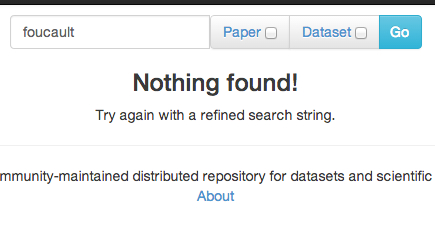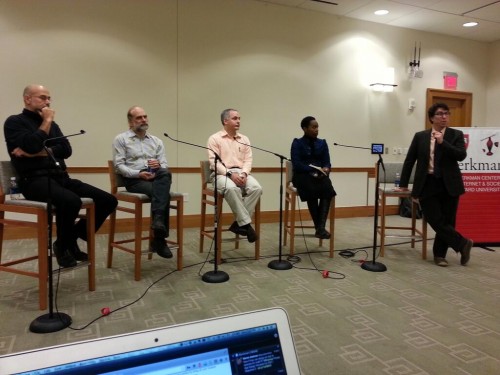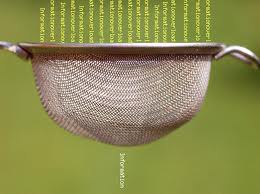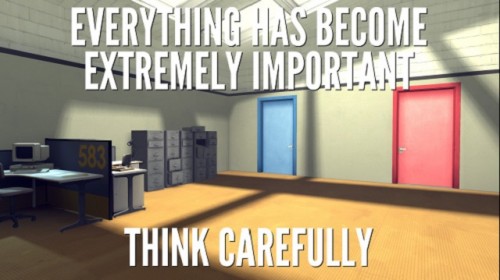As a professional sociologist, I maintain membership in several listservs and social networking site groups centered around my areas of study. Every now and then, someone will post a request for a particular academic article to which they do not have access at their home university. Quickly, another member of the group provides the article, and we all go about our business.
Not having access to one article, for a connected professional, is no big deal. But imagine if that same professional never had access to academic articles unless they were willing to pay—exorbitantly—to get beyond publishers’ paywalls. Were that the case, it would be incredibly difficult, if not impossible, for that professional to conduct research. more...










